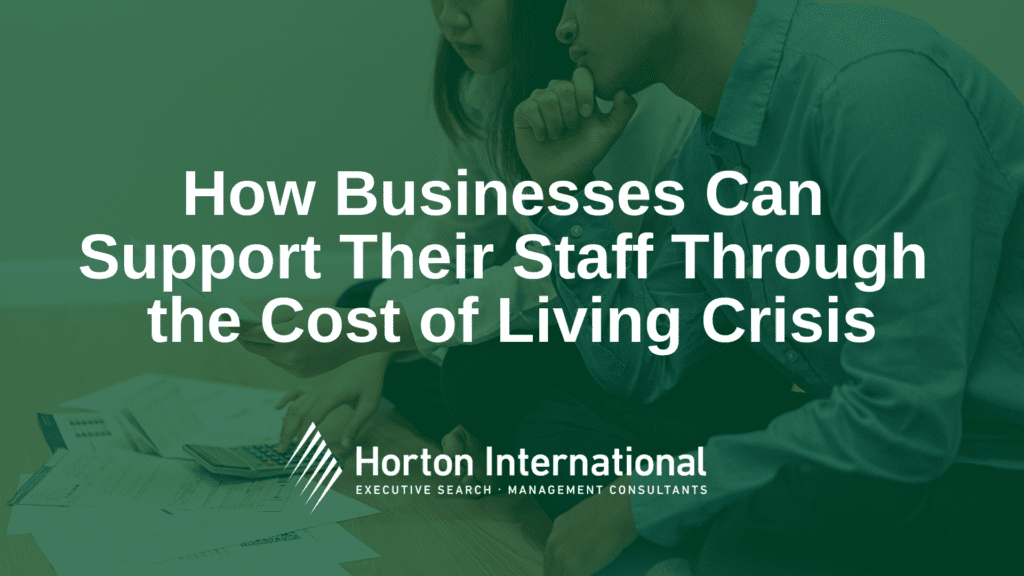Millions of people, all around the world, are facing the biggest cost of living crisis we’ve ever encountered. Globally, the average price of goods and services has grown by 3.5% year on year. And across OECD countries, the rise is even greater, at a 5.8% average YoY growth. From paying bills and buying fuel to feeding the family and purchasing everyday essentials, employee financial worries are increasing.
And this isn’t a ‘them’ problem. It’s an ‘us’ problem.
If your employees are struggling, your business will struggle, too. In fact, reports show that one quarter of employees believe that their financial concerns impact their ability to carry out their work responsibilities. Operating a successful, productive business means supporting workers through this difficult time.
Supporting Employees
Of course, the obvious solution is to increase salaries in line with inflation. But that really isn’t a feasible solution for most businesses. During this challenging period of recovery following the COVID-19 health crisis, few organisations have the financial stability and confidence that’s needed to provide cost of living rises.
However, that doesn’t mean there aren’t things you can do to help.
Beneficial ways to support employees at this time may include:
● Flexible working policies: Offering employees the opportunity to work remotely – for at least one day per week – can help to minimise the cost of commuting, whether that’s using the car less, or reducing public transport.
● Salary sacrifice schemes: These schemes typically cost businesses very little, yet they could offer significant savings for employees, who may be able to use their pre-tax salary to pay for essentials such as transport or childcare.
● Financial support: Businesses may wish to explore options for financial wellbeing support, providing employees with access to tools and resources that help them to manage their money better and plan for the future.
● Knowledge base: Consider launching an internal knowledge base, providing information on any cost-saving methods such as claiming tax-free allowances for remote working. Employees can also share any offers they’ve heard of.
● Wellbeing support: Ensure that your employees know that they are able to talk to someone – yourself or a trusted colleague – in a safe and secure environment about any issue that they feel is impacting their working life.
● Leadership: Perhaps the most important way that leaders can support their employees is to lead with empathy. It’s important to remember that we are all in this together. The more we understand and help each other, the better.
Developing a Support Strategy
As a business leader, one of the most important things that you can do right now is to understand that every employee is being affected differently by the cost of living crisis. And so, there’s no magical formula. There’s no one single way to help out.
A good idea is to provide your employees with anonymous surveys, asking what sort of measures could be implemented to support them at this difficult time. Their answers can help you to develop a support strategy that best fits the needs of your workforce, and can help to ensure you’re providing the best possible assistance.







